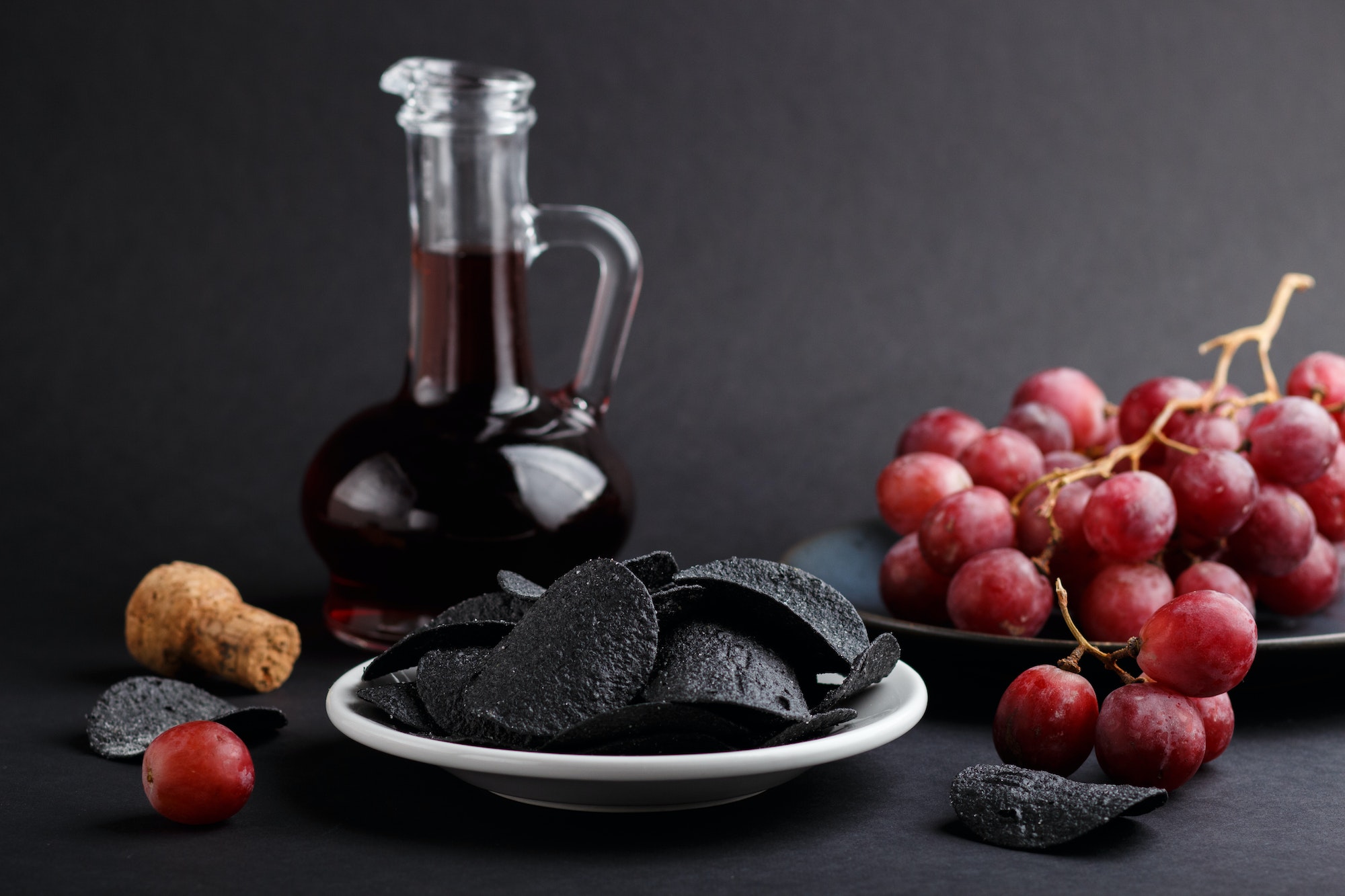Balsamic vinegar is an essential ingredient in gourmet cuisine for its rich, complex flavor profile and versatility in the kitchen. This dark, syrupy vinegar is made from grape must and aged in wooden barrels, which lends it a unique and unmistakable taste. Balsamic vinegar adds depth and acidity to a variety of dishes, making it a favorite among chefs and food enthusiasts alike. In this article, we’ll explore the best uses of balsamic vinegar in gourmet cuisine and introduce you to some other types of gourmet vinegars that can elevate your culinary creations.
Balsamic Vinegar in Gourmet Cuisine
- Salad Dressings and Vinaigrettes
One of the most common uses for balsamic vinegar is in salad dressings and vinaigrettes. Its tangy flavor pairs beautifully with olive oil, fresh herbs, and other complementary ingredients. A simple balsamic vinaigrette can be made by whisking together equal parts balsamic vinegar and olive oil, with a touch of Dijon mustard, honey, salt, and pepper.
- Glazes and Reductions
Balsamic vinegar can be reduced to create a thick, syrupy glaze that’s perfect for drizzling over meats, vegetables, or even desserts. To make a balsamic glaze, simply simmer balsamic vinegar over low heat until it reduces by half and becomes thick enough to coat the back of a spoon. You can also add a bit of sugar or honey to sweeten the glaze if desired.
- Marinades
Balsamic vinegar makes an excellent marinade for meats like chicken, beef, or pork. Its acidity helps to tenderize the meat while imparting a rich flavor. Combine balsamic vinegar with olive oil, garlic, fresh herbs, salt, and pepper for a simple yet flavorful marinade.
- Desserts
Believe it or not, balsamic vinegar can be a delicious addition to desserts. It pairs exceptionally well with sweet fruits like strawberries and figs, creating a unique contrast between sweet and tangy flavors. Try drizzling a balsamic glaze over a bowl of fresh berries or incorporating it into a fruit-based dessert for an unexpected twist.
Types of Gourmet Vinegars
In addition to balsamic vinegar, there are several other types of gourmet vinegars that can enhance your culinary creations:
- Sherry Vinegar
Made from sherry wine, this vinegar has a nutty, slightly sweet flavor that’s perfect for dressings, marinades, and sauces. It’s often used in Spanish cuisine and is particularly popular in dishes like gazpacho and salmorejo.
- Champagne Vinegar
As the name suggests, champagne vinegar is made from champagne grapes and has a light, crisp flavor profile. It’s ideal for delicate salad dressings, seafood dishes, or any recipe that calls for a subtle touch of acidity.
- Red Wine Vinegar
With its bold flavor and vibrant color, red wine vinegar is an excellent choice for hearty salads, marinades, and sauces. It’s also a key ingredient in classic French dishes like coq au vin and beef Bourguignon.
- Apple Cider Vinegar
Apple cider vinegar is made from fermented apple cider and has a fruity, tangy flavor that works well in salad dressings, marinades, and pickling brines. It’s also believed to have numerous health benefits and is often used as a dietary supplement.
- Rice Vinegar
Commonly used in Asian cuisine, rice vinegar has a mild, slightly sweet taste that’s perfect for sushi rice, stir-fries, and dipping sauces. There are various types of rice vinegar, including white rice vinegar, black rice vinegar, and red rice vinegar, each with its unique flavor profile.
In conclusion, balsamic vinegar is a versatile and delicious ingredient that can elevate your gourmet dishes in various ways. Experimenting with different types of gourmet vinegars can also open up new culinary possibilities and add depth to your recipes. Don’t be afraid to get creative and explore the world of gourmet vinegars in your kitchen.

